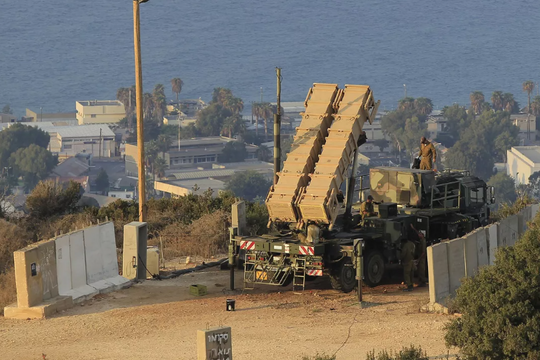Security tensions in the Middle East are at an alarming level.
(Baonghean.vn) - Iran's retaliatory attack on Israeli territory marks the first time Tehran has directly attacked Tel Aviv, causing security tensions in the Middle East to reach a high level. This must be prevented from escalating into a full-scale war in the region.
Deterrent message
The attack by hundreds of unmanned aerial vehicles (UAVs) and missiles on Israeli territory in the early morning of April 14 is the answer to the question "How will Iran respond after its embassy complex in the Syrian capital was attacked?".
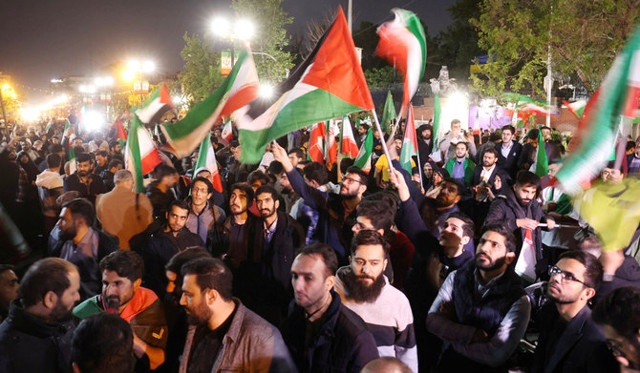
The development is the culmination of two weeks of extraordinary tension in the already volatile Middle East. It is the latest crisis following Israel’s attack on the Islamist group Hamas, the fighting between Israel and pro-Iranian Islamist groups, and Iran’s accusations that Israel killed Islamic Revolutionary Guard Corps (IRGC) generals. Iran’s response was expected. However, the timing, extent, and form of the attack also contained messages and calculations from Tehran.
First of all, in terms of timing, Iran's response was carried out 2 weeks after the country suffered an airstrike that killed 7 people, including senior generals. This shows that Iran needed a period of time that can be called "lag" to carefully prepare the attack plan and target. These two weeks were also the time for Iran to bargain and negotiate with the US and Israel on regional issues before deciding to act.
Remember a week ago, Iranian officials said that if the US pushed Israel to reach a ceasefire agreement with Hamas, Iran would not retaliate against Israel. However, the ceasefire negotiations remained deadlocked and Iran's conditions could not be met. The response took place.
In terms of scale, Iran’s attack is unprecedented. While Iran and Israel have been enemies for decades, neither has ever launched a direct, overt attack on the other’s territory—aside from the April 1 attack on the Iranian consulate in Syria, which Iran blamed on Israel, and which took place on what is technically Iranian sovereign territory under diplomatic convention.
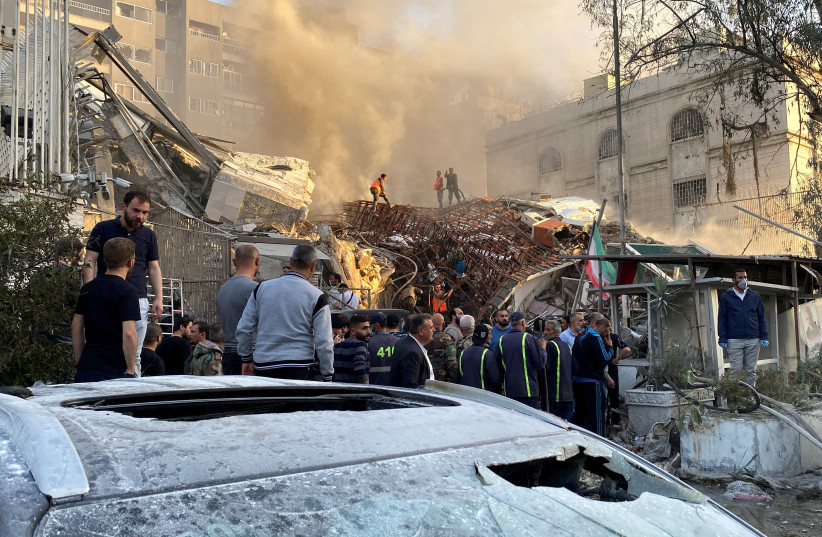
Most of the previous acts of hostility between the two sides were through proxy forces. Thus, this is considered Iran's strongest response to Israel. This is also surprising because many observers previously predicted that Iran would only respond by targeting Israeli diplomatic facilities abroad, or through proxy forces to cause damage to Israel's security interests. Therefore, this direct attack seems to be a highly deterrent message from Iran to Israel that if Israel makes another mistake, the Islamic country's response will not be simple.
In terms of form, Iran's use of hundreds of UAVs and various types of attack missiles and cruise missiles is a way for Iran to demonstrate its military capabilities to its opponents. It is worth noting that before the attack occurred, there were many security warnings in the region. This can also be seen as a deliberate "forewarning" by Tehran, not a sudden "surprise attack" with unpredictable consequences.
Furthermore, after about 5 hours of attack, Iranian officials announced that “retaliation operations have ended.” This means that Iran is implementing the “strike fast, withdraw fast” tactic and will not continue to attack Israel until there are new developments in tension.
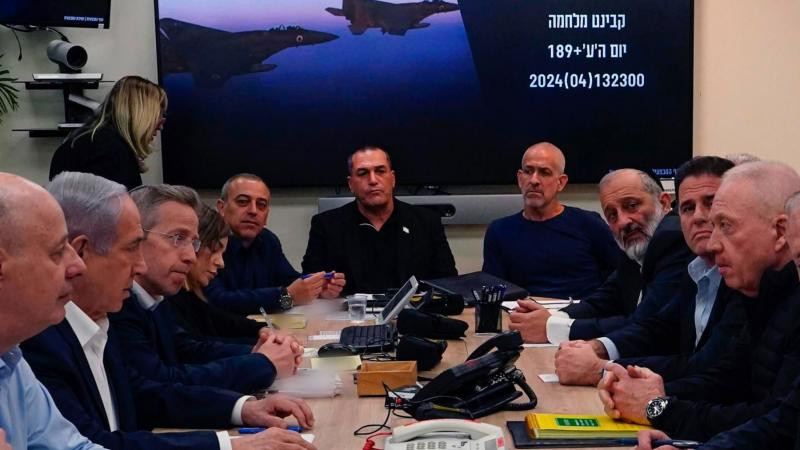
It appears that, although Iran’s retaliatory attack was unprecedented, it was carried out at a “moderate” level. Although damage statistics are still being assessed, initial estimates indicate no loss of life, which could mitigate the consequences of a conflict while still ensuring the goal of deterrence.
The danger is not over yet.
Although Iran has declared that its retaliation against Israel is “over,” no one can confirm whether this ending will lead to a new beginning. In the past hours, both Israel and Iran have made a series of statements “teasing” each other.
An unnamed senior Israeli official said an Iranian attack would be met with an “unprecedented response” and Prime Minister Benjamin Netanyahu’s wartime cabinet continued to discuss a response.
For his part, Iran’s Ambassador and Permanent Representative to the United Nations, Amir Saeid Iravani, stated: “The Islamic Republic of Iran will not hesitate to exercise its inherent right to self-defense if necessary. If the Israeli regime carries out any military aggression again, Iran’s response will be firm and decisive.”
So, what happens next will depend on the relative success of Iran’s attack and Israel’s response. If the attack does not cause serious consequences for Israel, it may not respond or respond “moderately” to Iran. This will not lead to a full-scale war.
On the contrary, if Israel attacks Iran's key targets such as nuclear facilities, the Islamic nation will certainly respond with even stronger and more proportionate actions. Then a widespread conflict in the Middle East is a possible scenario, involving a series of countries in and outside the region. Of course, this is a scenario that neither Arab countries nor the US want. After the attack, US President Joe Biden reaffirmed his commitment to protecting Israel, but US officials revealed that Washington had warned against supporting Tel Aviv in retaliating against Tehran.
Regardless of the direction, recent developments have further deepened the hatred between Israel and Iran, increasing the risk of confrontation on any front, and any small military misstep could erupt into a large-scale war.
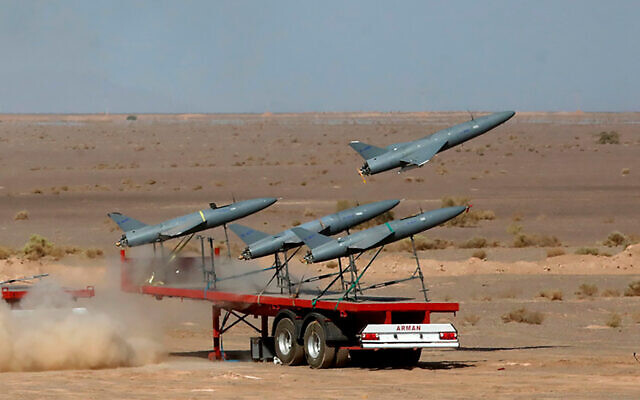
Therefore, more than ever, the role of the United Nations and influential countries in the region needs to be demonstrated through urgent steps, urging relevant parties to exercise restraint and conduct peace talks to minimize "tit-for-tat" attacks.
In the context of the Middle East being under pressure from political and religious factors and persistent conflicts, the spiral of military retaliation between Iran and Israel will cause serious consequences not only for these two countries but also the entire region, and even many areas of world life./.


